What is Dental Trauma?
Dental trauma refers to physical injury to the teeth, gums, alveolar bone, or soft tissues of the mouth, such as the lips and tongue. These injuries can occur due to various causes, and timely attention is crucial to prevent complications.
Causes of Dental Trauma
Accidents:
- Falls: Common among children and the elderly.
- Car accidents: Often result in multiple facial injuries.
- Sports injuries: Contact sports like football, basketball, and hockey carry significant risks.
Violent Incidents:
- Fighting: Physical altercations can lead to dental injuries.
- Physical abuse: Physical violence can result in trauma to the teeth and mouth.
Learn more about dental injuries and its impact on teeth.
Types of Dental Trauma
- Chipped Teeth
- Minor damage to the enamel, often treated with cosmetic procedures like bonding.
- Tooth Fractures
- Enamel fractures: Limited to the outer tooth layer, requiring minor repairs.
- Dentin fractures: Affect deeper layers of the tooth and may need restorative treatment.
- Pulp fractures: Involve the core of the tooth, often necessitating root canal therapy.
- Tooth Knocked Loose (Subluxation)
- The tooth remains in its socket but is loosened and may need stabilization.
- Tooth Jammed into Socket (Intrusion)
- The tooth is pushed into the socket, possibly causing damage to surrounding bone and tissue.
- Tooth Knocked Out (Avulsion)
- The tooth is completely detached from the mouth. Immediate care is critical for successful replantation.
- Fractures of the Tooth Socket Wall
- This involves damage to the bone structure supporting the teeth.
- Jaw Fractures
- Broken jawbones may require surgical intervention.
- Lacerations of the Lips or Gums
- Cuts or tears in the soft tissues, including the lips or tongue, may need stitches.

Diagnosis and Examination
Initial Assessment
A dentist or endodontist will perform a thorough examination, often using X-rays, to determine the extent of the injury and to assess any damage to the teeth and bone.
Monitoring
Some dental injuries may have delayed symptoms, so follow-up appointments are necessary to ensure proper healing.
Treatment Estimate and plan
A treatment plan is presented if treatment is required.
Treatment Approaches
Management Based on Tooth Type
Primary Teeth (Baby Teeth)
- Often, primary teeth are monitored without intervention. In severe cases, extraction may be necessary.
- Repositioning or replantation is typically avoided to prevent damage to developing permanent teeth.
Permanent Teeth (Adult Teeth)
- Urgent care is crucial, especially for avulsed (knocked-out) teeth. Immediate replantation is often the best course of action to save the tooth.
Common Treatments for Dental Trauma
- Chipped or Fractured Tooth
- Minor chips can be treated with bonding or veneers.
- Severe fractures may require crowns or root canal therapy.
- Tooth Knocked Loose or Jammed into Socket
- These teeth are often stabilized and monitored, with root canal treatment needed if the pulp is affected.
- Tooth Completely Knocked Out (Avulsion)
- Gently rinse the tooth and handle it by the crown, avoiding the root.
- Contact a dentist immediately for the best chance of successful replantation. The dentist may splint the tooth to support it as it heals.
- Soft Tissue Injuries
- Lacerations may require stitches, and treatment is needed to prevent infection or inflammation.
- Jaw Fractures
- Surgery may be necessary, followed by dental rehabilitation.
Important Considerations
- Prompt Care
All dental injuries should be assessed by a dentist as soon as possible to minimize complications such as infection, pain, or tooth loss. - Children’s Teeth (Primary Teeth)
Young patients may not require root canal treatment for primary teeth, as they can sometimes heal without it. However, close monitoring is essential to ensure proper development of permanent teeth. - Follow-Up
Regular dental check-ups are crucial to detect potential issues like infections or complications affecting permanent teeth after trauma.
The Lasting Impact of Dental Trauma
Dental trauma can have significant and long-lasting effects on oral health. Injuries can affect not just the damaged teeth but also the surrounding tissues, potentially causing alignment issues. In addition, dental trauma can impact a person’s self-esteem and overall quality of life, particularly if it causes difficulties with eating, speaking, or social interactions.
Addressing both the physical and emotional effects of dental trauma is essential. Comprehensive care not only repairs the injuries but also supports patients emotionally throughout the healing process.
Local Etobicoke Dentist
If you or a loved one has experienced dental trauma, don’t wait. Contact Thorncrest Dental today for expert care and timely intervention. Our team is ready to help restore your smile and ensure a smooth recovery process. Schedule your appointment now!




